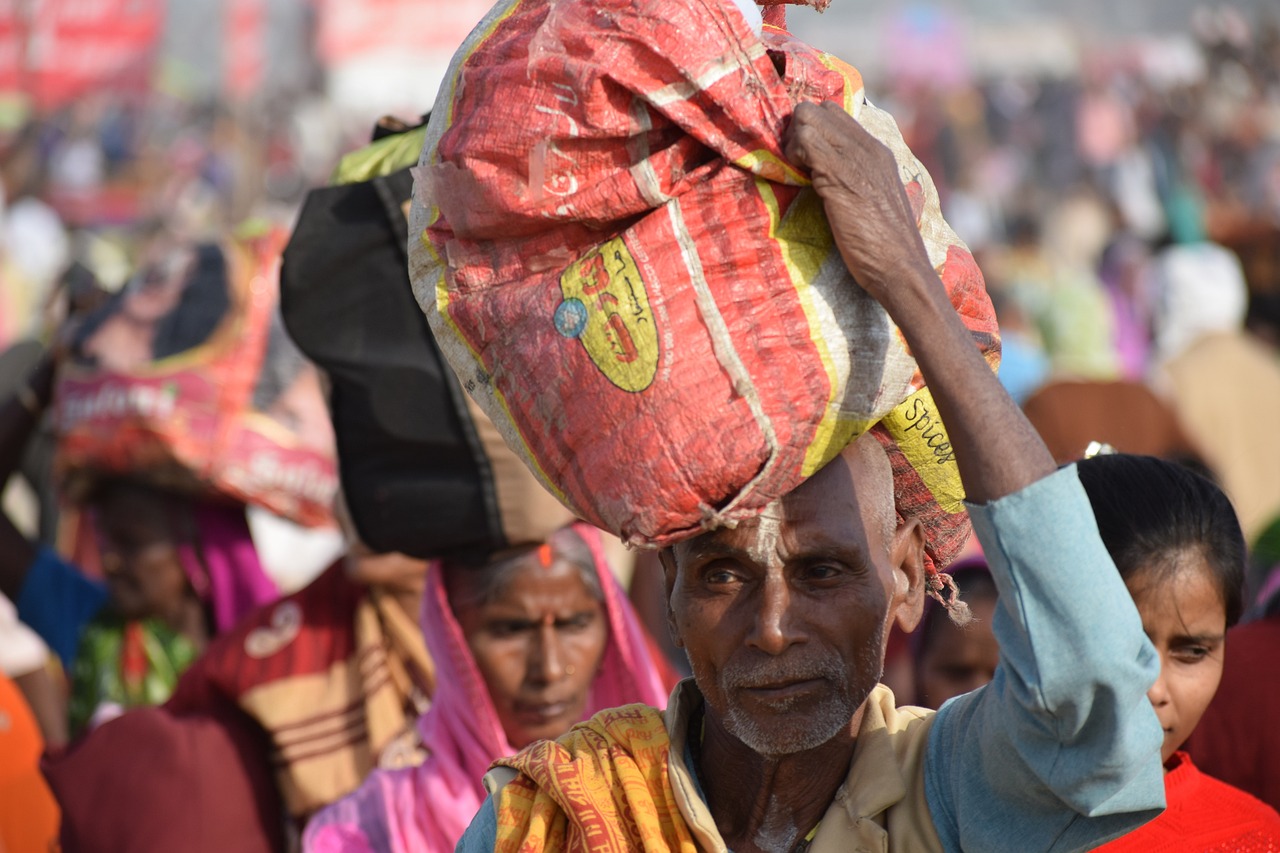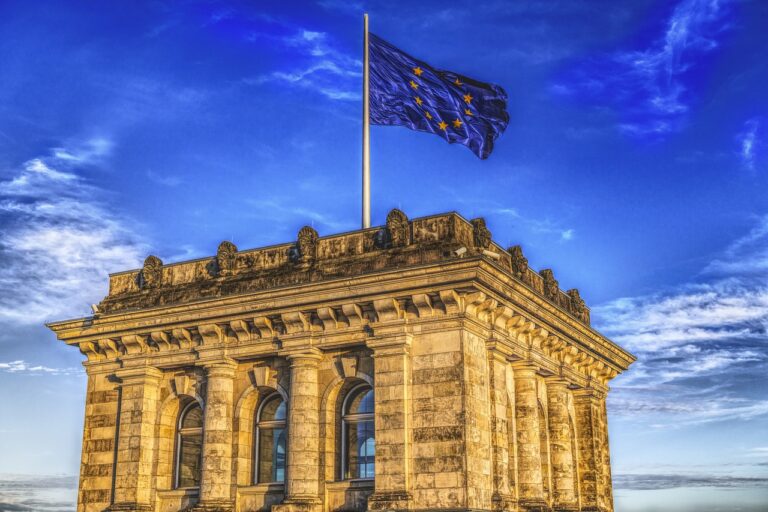Analyzing the Role of Dark Money Groups in Political Advertising
allpaanel, mahadev book login registration, cricket id online:Analyzing the Role of Dark Money Groups in Political Advertising
In the world of political advertising, there is a shadowy presence that often goes unnoticed by the average voter. Dark money groups, also known as 501(c)(4) organizations, have become a significant player in the realm of campaign finance. These groups are able to raise and spend unlimited amounts of money on political advertising without disclosing their donors, leading to concerns about transparency and accountability in our political system.
What exactly are dark money groups, and how do they operate? Why are they able to wield such influence in elections, and what are the implications for democracy? In this blog post, we will delve into the world of dark money groups and analyze their role in political advertising.
Dark Money Groups: The Basics
Dark money groups are organizations that are classified as 501(c)(4) non-profit groups under the Internal Revenue Code. Unlike traditional political action committees (PACs), dark money groups are not required to disclose their donors to the public. This lack of transparency allows wealthy individuals, corporations, and special interest groups to funnel unlimited amounts of money into political campaigns without accountability.
These organizations are able to engage in political activities, such as running advertisements supporting or opposing a candidate, as long as these activities are not their primary purpose. This loophole has enabled dark money groups to become major players in political advertising, shaping the narrative and influencing voter behavior without disclosing who is behind the messages.
The Role of Dark Money Groups in Political Advertising
Dark money groups have become a dominant force in political advertising, particularly in the era of Citizens United v. Federal Election Commission. The 2010 Supreme Court ruling paved the way for unlimited spending by corporations and unions in elections, leading to a surge in dark money spending.
These organizations utilize their financial resources to flood the airwaves with ads that support their preferred candidates or attack their opponents. The ads are often negative in nature, focusing on smears and distortions rather than policy positions. Dark money groups can outspend traditional candidates and PACs, allowing them to shape the narrative and sway public opinion in ways that may not be in the best interest of democracy.
The lack of disclosure requirements also raises concerns about foreign interference in elections. Dark money groups are not required to disclose whether they receive funding from foreign entities, making it difficult to track the influence of international actors on our political system.
Implications for Democracy
The rise of dark money groups in political advertising has significant implications for democracy. By allowing wealthy individuals and special interest groups to wield disproportionate influence in elections, dark money threatens the integrity of our electoral process.
The lack of transparency erodes public trust in government and undermines the legitimacy of elected officials. When voters are bombarded with ads funded by shadowy organizations, it can be difficult to discern the truth from propaganda, leading to a distorted political landscape.
Furthermore, dark money groups can drown out the voices of ordinary citizens and grassroots organizations. When massive amounts of money are poured into political campaigns by a select few, it hampers the ability of average Americans to have their voices heard and their concerns addressed by elected officials.
What Can be Done
To combat the influence of dark money groups in political advertising, several reforms can be implemented. One option is to require these organizations to disclose their donors, providing much-needed transparency to the electoral process. By shining a light on the sources of funding for political ads, voters can better evaluate the messages being presented to them.
Another approach is to pass legislation that limits the amount of money that can be spent by dark money groups in elections. By placing caps on spending, we can level the playing field and prevent wealthy individuals and corporations from drowning out other voices in the political arena.
FAQs
Q: Are dark money groups legal?
A: Yes, dark money groups are legal under the current campaign finance laws. However, there are increasing calls for greater transparency and accountability in political advertising.
Q: How can I tell if an ad is funded by a dark money group?
A: It can be challenging to determine the source of funding for political ads. Look for disclaimers at the end of the ad that disclose who paid for it. If the ad is funded by a dark money group, the disclaimer may be vague or nonexistent.
Q: What can I do to combat the influence of dark money in elections?
A: Stay informed about the sources of funding for political ads, support candidates who prioritize campaign finance reform, and advocate for legislation that promotes transparency in political advertising.
In conclusion, dark money groups play a significant role in political advertising, wielding influence and shaping the narrative in elections. Their lack of transparency raises concerns about the integrity of our electoral process and the health of our democracy. By implementing reforms to promote transparency and accountability, we can mitigate the influence of dark money and ensure that our elections are fair and free from undue influence.







